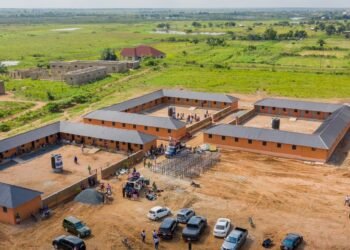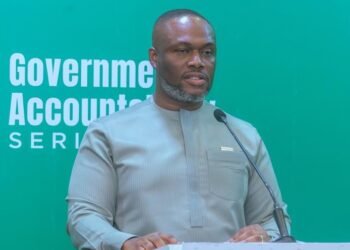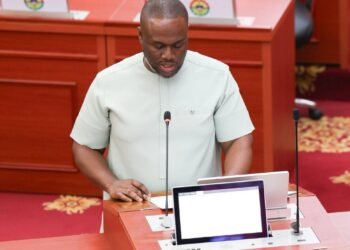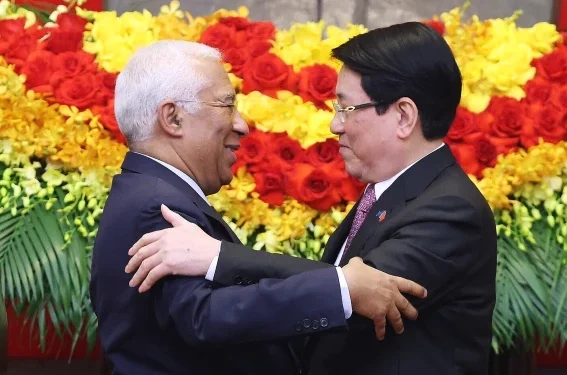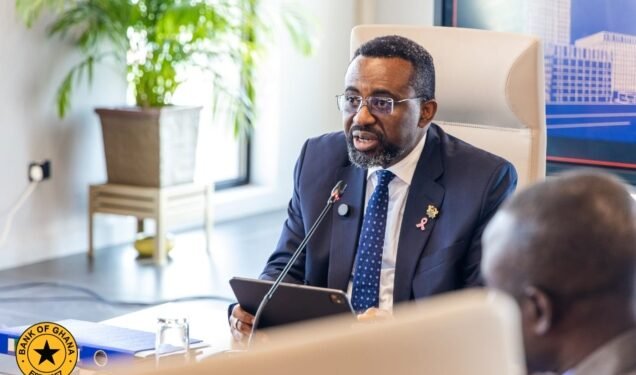Prof. Stephen Kwaku Azar Asare, a Democracy and Development Fellow at CDD-Ghana has urged an end to post-election violence, emphasizing its detrimental impact.
He highlighted that such violence not only tarnishes the image of democracy but also incurs significant economic costs, disrupting businesses, deterring investors, and causing property damage, which leads to widespread financial losses.
According to him, socially, post-election violence deepens political divisions and undermines national unity.
Prof. Asare further pointed out that public services are also affected, with power transitions often destabilizing public institutions and delaying essential services, ultimately weakening governance and leaving lasting damage.
“Democracy is built on the principles of the rule of law, accountability, and respect for human rights. The peaceful transfer of power is not only a constitutional requirement but also a cornerstone of our democratic success.
“Violence during political transitions undermines these principles, shaking public confidence in the democratic process and tarnishing our reputation as a beacon of stability in Africa. This behavior disrupts governance, diverts attention from urgent national priorities, and imposes needless costs on the state and its citizens”.
Prof. Stephen Kwaku Azar Asare
Asare emphasized that post-election violence undermines democracy’s core values of unity and tolerance.
He urged political leaders to denounce such actions, discourage unlawful behavior, and promote unity during campaigns.
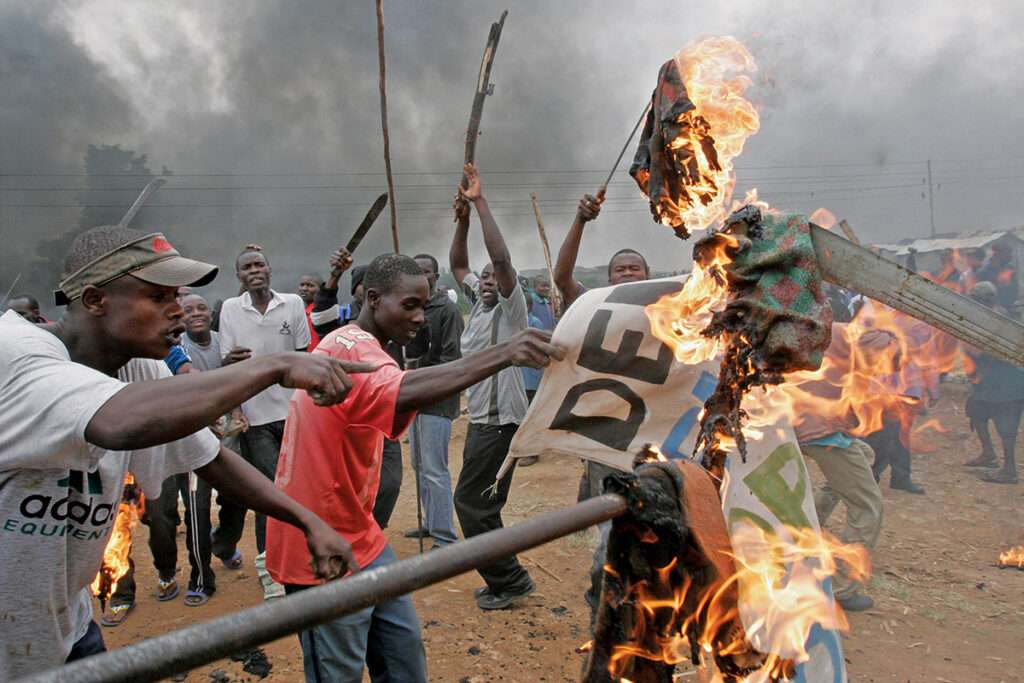
The Democracy Epert asserted that leaders should focus on reconciliation to ensure national stability following elections “Leadership must also work to depoliticize state institutions, ensuring that they serve the entire populace rather than becoming tools of partisan control”.
Prof. Asare also highlighted the critical role of the police in upholding order during political transitions, lamenting that despite the foreseeability of unrest, police intelligence frequently falls short.
He stressed the need for a proactive approach, where swift arrests serve as a deterrent. Delays, on the other hand, suggest tolerance for lawlessness and undermine public trust.
Accordingly, he indicated that efficient deployment of intelligence and resources is vital to ensuring smooth and peaceful transitions. “Proper training in crowd control and non-lethal interventions can also reduce the escalation of violence”.
Call for Swift Prosecutions, Civic Education to End Violence
Furthermore, Prof. Stephen Kwaku Azar Asare emphasized the importance of swift prosecutions in curbing post-election violence.
He noted that delayed justice fosters impunity, while prompt legal action reinforces the rule of law and deters future unrest.
Timely prosecutions, according to him, bolster public trust in the justice system and affirm that democracy is governed by laws, not individual whims.

“To end the culture of post-election violence, we must address its root causes through robust civic education. Citizens must understand that political alternation is not a call to arms, nor a license to take over public institutions, but a testament to their sovereignty. Elections are contests of ideas, not battles for supremacy.
“Political parties, civil society organizations, the National Commission for Civic Education (NCCE), and traditional leaders must collaborate to educate citizens on the importance of peaceful transitions. Schools and community programs should instill the values of respect for institutions, tolerance, and the rule of law”.
Prof. Stephen Kwaku Azar Asare
Asare further emphasized the need for inclusive governance, warning against the dangers of partisan exclusivity.
He stressed that distributing resources and opportunities based on political loyalty undermines fairness, fuels resentment, and breeds frustration which often leads to unrest during political transitions.

As such, Asare noted that to break this cycle, governance must prioritize equity, merit, and transparency, ensuring all citizens benefit, regardless of affiliation.
According to him, inclusive governance fosters unity, reduces tensions, and promotes shared national development.
He argued that Botswana’s smooth, conflict-free transitions offer a model Ghana should aspire to. “We can learn from their culture of mutual respect, institutional strength, and prioritization of national unity”.
Prof. Asare emphasized using technology to prevent violence, suggesting social media monitoring and early warning systems.
He stressed engaging the youth through civic education on non-violence and creating platforms for participation in governance.
He called on the media to avoid sensationalism, focus on peaceful narratives, and educate the public on the consequences of violence.
Asare also highlighted the need for decisive law enforcement, swift justice, and collective commitment to peace as Ghana celebrates over three decades of democratic stability. “There must be zero tolerance for post-election violence and chaos”.
Prof. Asare stressed that political transitions should represent progress, not danger.
According to him, the high cost of inaction—lost lives, property damage, and eroded trust—cannot be ignored.
He called for a firm declaration that violence during transitions must end, emphasizing that the future of our democracy is too valuable to be marred by such actions. “Let us protect our democracy, for ourselves, and the generations yet unborn”.
READ ALSO: Israeli Army Chief Resigns Over October 7 ‘Failure’





